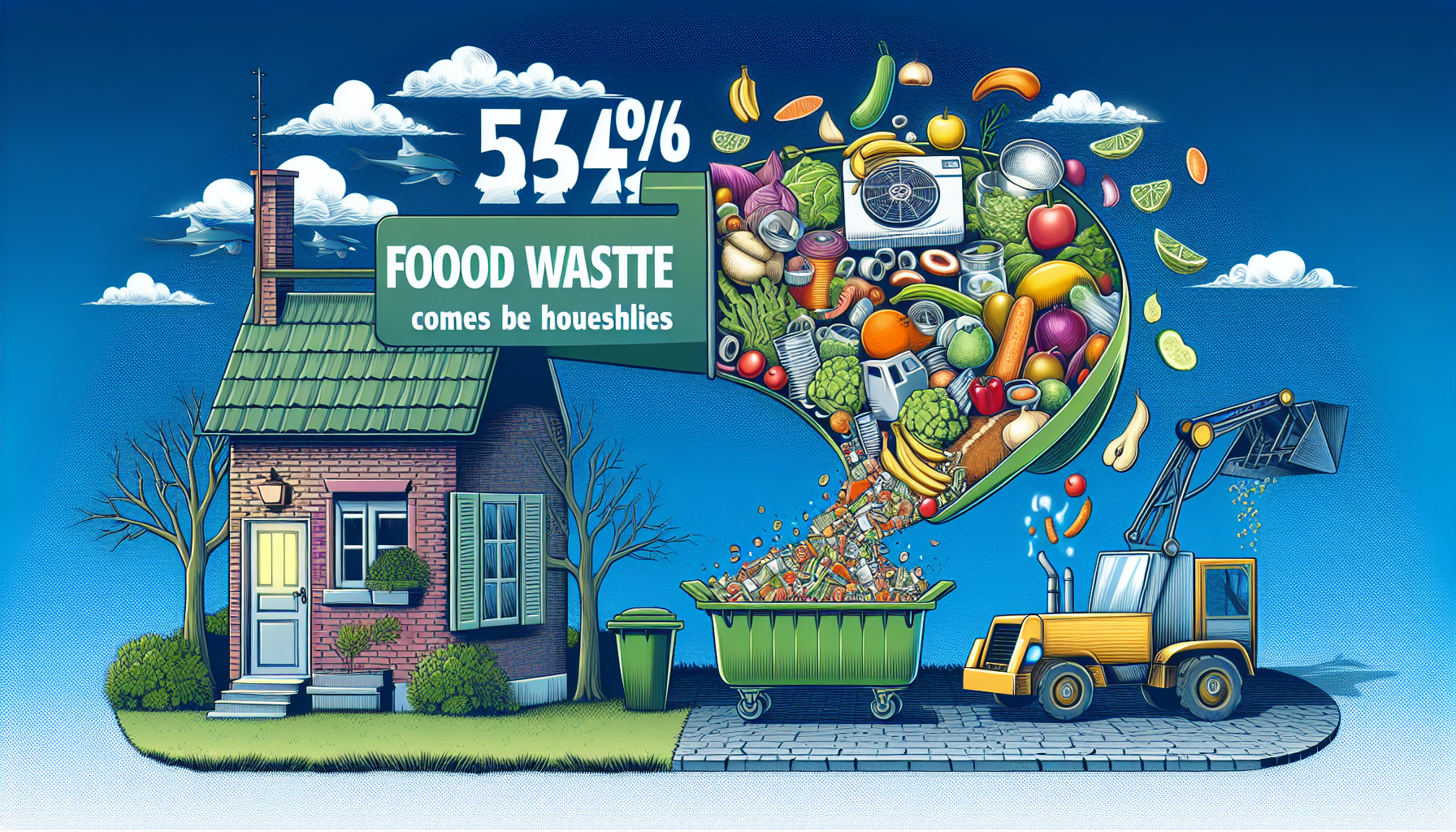In Spain, the issue of food waste remains an alarming challenge, with 54% of waste generated in households. This figure reveals the need for a profound change in the population’s eating habits, despite the recent implementation of the Law for the Prevention of Food Loss and Waste. The real fight against waste takes place within the family environment, where education and the adoption of new habits are crucial to make a significant difference.
Meal planning and more conscious consumption not only benefit the environment, but also have a positive impact on the family economy. According to the Ministry of Agriculture, it is estimated that each household could save up to 300 euros per year by reducing food waste. Therefore, it is crucial to educate both adults and children on responsible shopping, using leftovers, and proper food storage in the refrigerator.
Several practical strategies are proposed to help families combat this issue. Planning weekly menus can reduce impulse purchases and prevent the inadequate accumulation of products. Checking the pantry and refrigerator before stocking up, freezing soon-to-expire foods, and creating innovative recipes with leftovers are recommended actions. Additionally, learning to interpret expiration dates correctly and opting for bulk purchases is beneficial to avoid acquiring large quantities of products that often go unused.
Food waste poses not only ethical and environmental problems but also significant economic losses. Each kilo of discarded food entails a cost of between 5 and 7 euros, which means that an average household wasting between 30 and 40 kilos of food per year could be incurring unnecessary expenses exceeding 250 euros.
While imposing requirements on supermarkets and restaurants has helped decrease their waste rate, the situation in the household sphere remains critical. Lack of organization and proper education on food management are factors contributing to tons of food ending up in the trash daily.
Therefore, it is essential that any change starts with education. Including topics on saving and responsible use of food in school programs, organizing community workshops, and developing awareness campaigns are necessary measures to address this challenge. Education and awareness are key tools to reduce waste and improve the family economy.
The prevalence of food waste in households highlights the need to teach planning, buying, and consuming responsibly. These actions can not only result in significant savings but also help build a more sustainable future. The solution lies in the daily habits of each kitchen and individual commitment to fight against food waste.
Referrer: MiMub in Spanish










